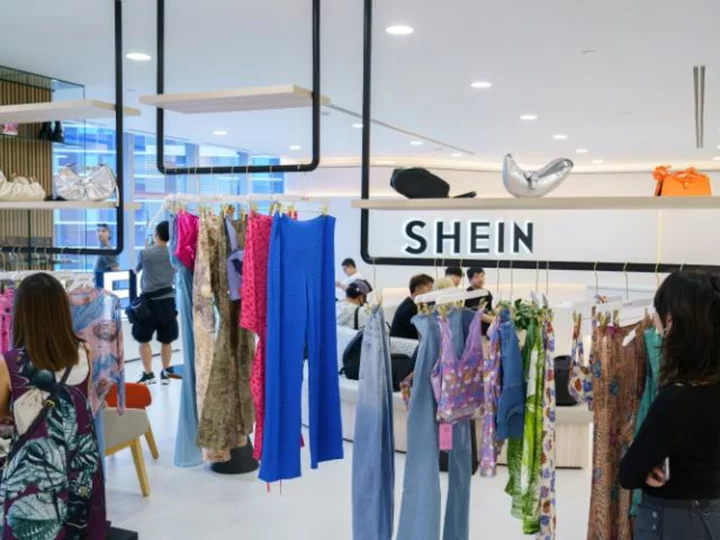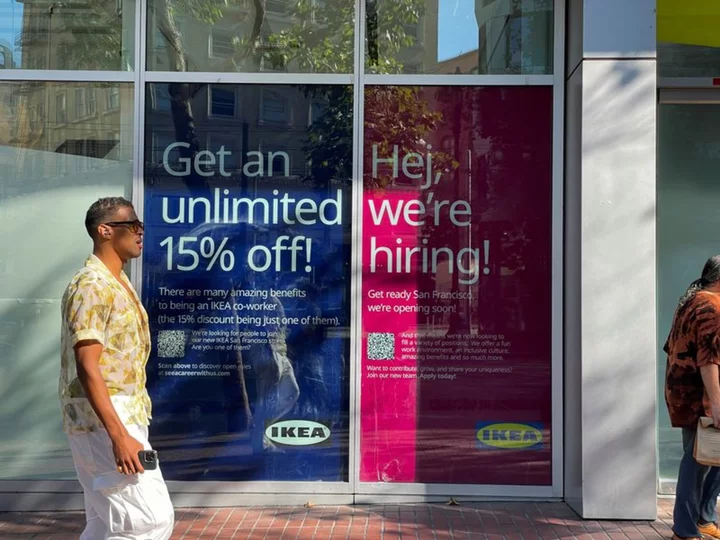Three graphic designers are suing Chinese fast-fashion giant Shein over what they allege is "egregious" copyright infringement and racketeering.
In the lawsuit, which was filed in a California federal court Tuesday, the designers allege Shein produced and sold exact copies of their designs. They claim Shein uses "secretive algorithms" to determine fashion trends — algorithms they allege "could not work" without generating exact copies of artists' work.
The designers say Shein has grown rich from "committing individual infringements over and over again."
The suit says the fast fashion retailer violated the Racketeer Influenced and Corrupt Organizations Act, or RICO, alleging that these claims are appropriate because Shein is not just one single entity but rather a "de-facto association of entities."
"There is no Coco Chanel or Yves Saint Laurent behind the Shein empire. Rather, there is a mysterious tech genius, Xu Yangtian aka Chris Xu," the suit claims.
Citing a BBC Channel 4 documentary, "Inside the Shein Machine," the suit adds: "When you start to look behind that, at who is the company, it's a big black hole."
The complaint alleges that Shein's corporate structure reveals that the company is a decentralized group of entities, so the company can "avoid liability" and "avoid disclosing basic information."
A Shein spokesperson said in a statement: "SHEIN takes all claims of infringement seriously, and we take swift action when complaints are raised by valid IP rights holders. We will vigorously defend ourselves against this lawsuit and any claims that are without merit."
Krista Perry, one of the designers filing the suit, created a design titled "Make it Fun," a print that features a multi-colored design around the phrase. Soon after, the suit alleges, she realized Shein.com was selling copies of her designs. After she complained, she alleges, the email address copyright@shein.com sent her an email offering her $500, which she declined.
According to their "About us" page, Shein says the company only produces 100 to 200 pieces of each model at launch.
Those small quantities are intentional, the suit alleges: That way, before making more pieces, Shein can see if anyone complains about a stolen design.









